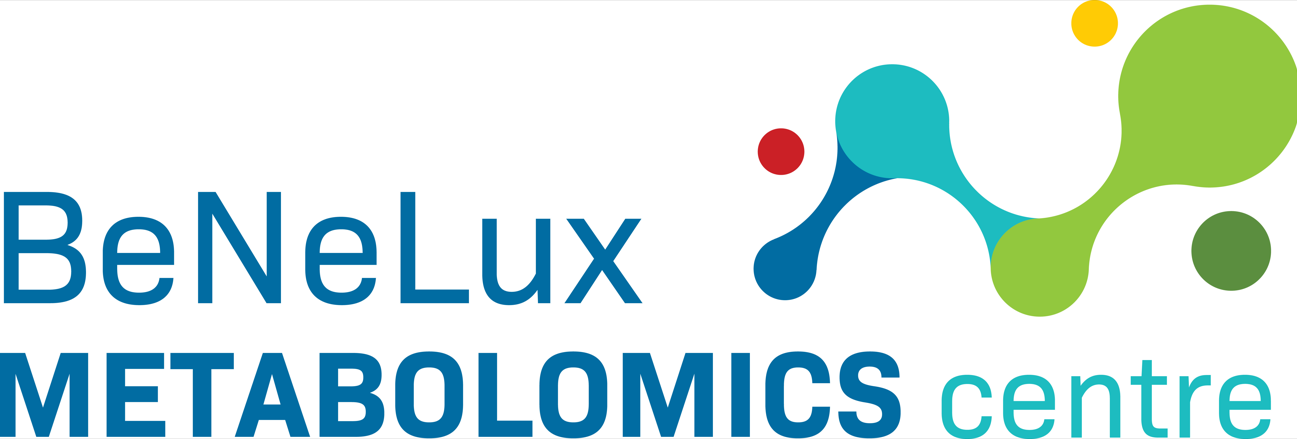Oncogene activation is required for tumor progression, however their mutation alone is insufficient, as next to undergoing apoptosis, mutated cells can enter a permanent state of cell cycle arrest termed oncogene induced senescence (OIS). As is for instance the case for naevi, an in vivo example of OIS, these cells can remain viable for years without proliferating. Initially, the in vivo relevance of OIS was controversial, however it is nowadays clear that OIS represents an important mechanism to suppress tumor progression and re-activation of the OIS response may be clinically useful as a treatment for cancer.
Recent advances in cancer biology point to a major role for the classical biochemistry pathways including Glycolysis, Krebs (TCA) cycle and Pentose-Phosphate Shunt (PPS)in oncogenic transformation. However, assays for quantitative analysis of these metabolic pathways are often not available, lack sensitivity and specificity or are restricted to single sub-pathways in context of a unique matrix. Therefore, this project aims at developing a rapid quantitative profiling platform for these classical metabolic energy pathways in mammalian cells and cancer tissue, with a particular emphasis on OIS.
